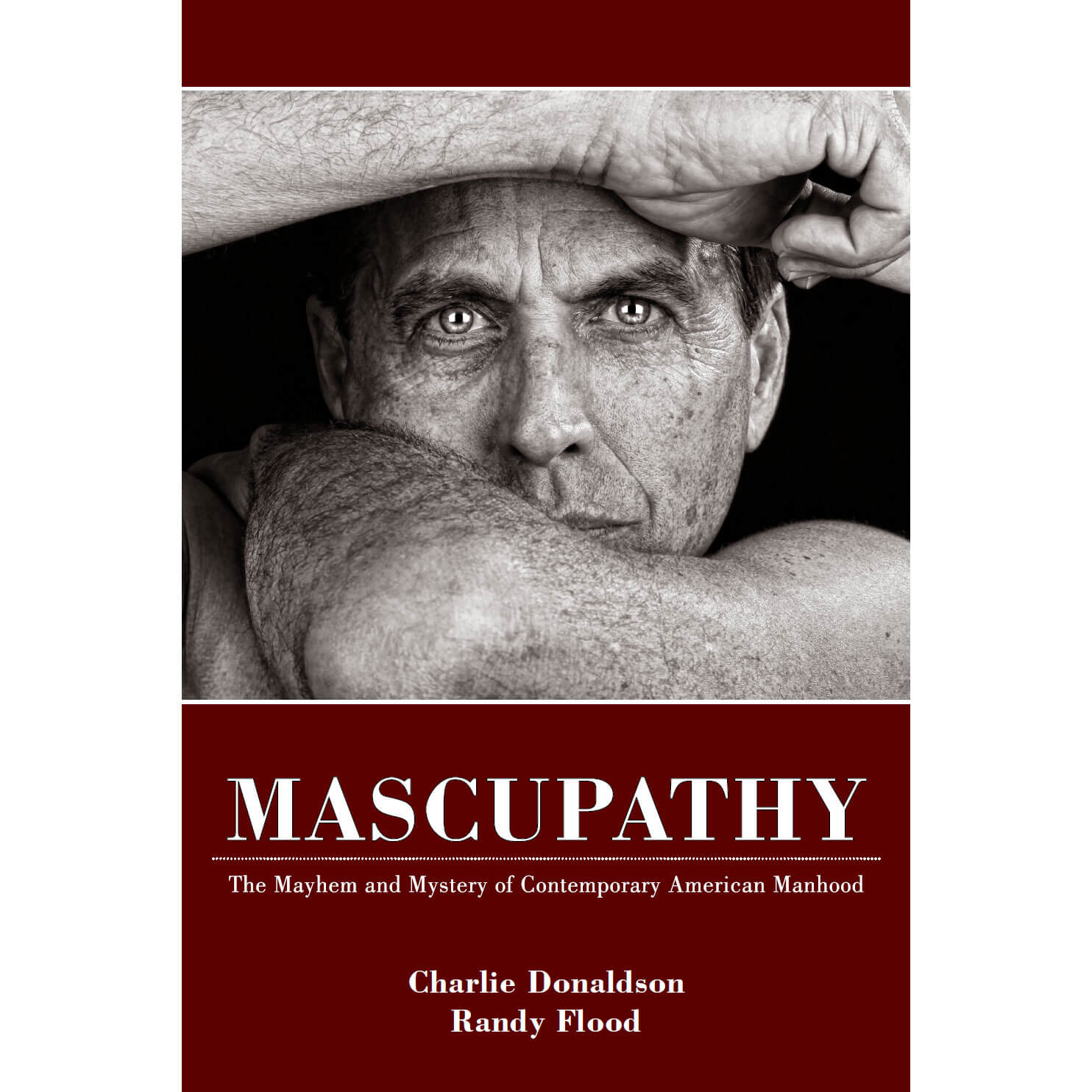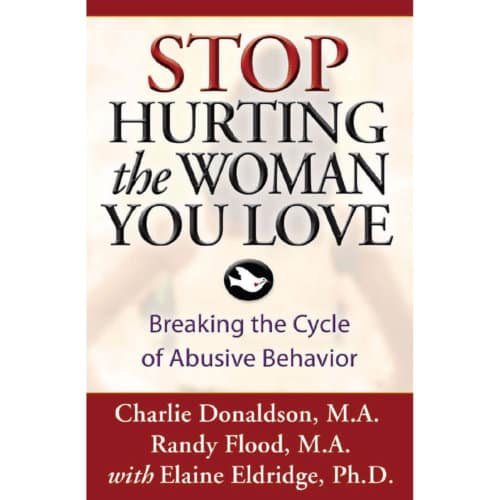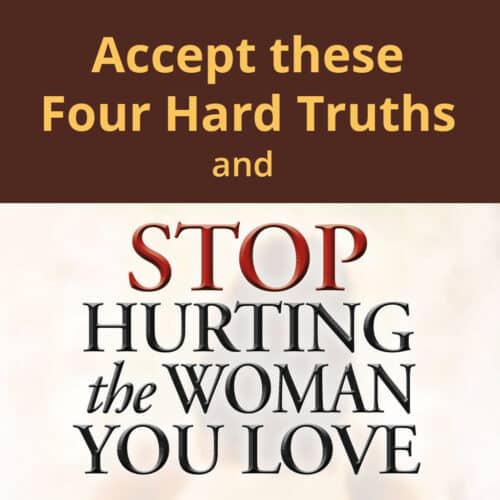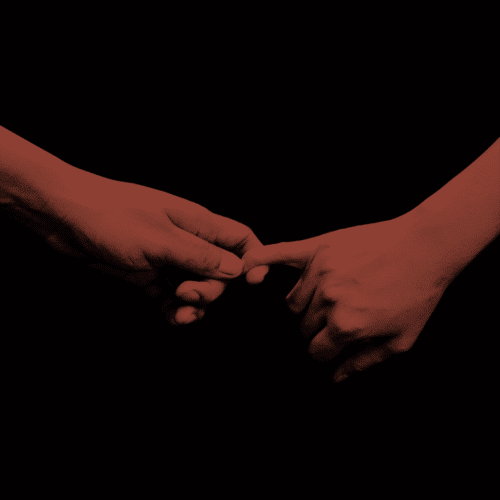Why do men assault women? Ridicule each other? Need to win at any cost? Get road rage? Seclude themselves in their man-caves for endless hours of TV sports? Why do even “good guys” refuse to talk about their personal lives or cry over the death of a close friend? Here’s a book that, for the first time, answers these questions with a single word. If you want to understand men, get this book!
Mascupathy: Understanding and Healing the Malaise of American Manhood
Price range: $9.99 through $14.95
From the authors of Stop Hurting the Woman You Love: Breaking the Cycle of Domestic Abuse (Hazelden 2006) another ground-breaking contribution to understanding contemporary American masculinity and how it can be transformed.
Men often behave badly. Some are grandiose and aggressive; many others are worthy and admirable, but emotionally absent and relationally disappointing. It’s easy to assume it’s “just the way guys are.”
Committed in their long practices to helping men fashion new lives, psychologists Charlie Donaldson and Randy Flood explain men’s behavior and counter the blind acceptance of the notion that “guys will be guys.” The authors revolutionize thinking about men, contending that most men’s conduct is neither capricious nor malevolent. Instead, they conclude that it’s a product of a socialized disorder, “mascupathy” — a pathology of masculinity — that describes an exaggeration of masculine traits such as invulnerability and aggression and a reduction of inherently feminine characteristics of openness and empathy.
“Mascupathy is essential reading for any man wishing to understand and free his heart — or any woman who loves him.”
– Terry Real
In their new book Mascupathy: Understanding and Healing the Malaise of American Manhood Donaldson and Flood explain what often seems inexplicable about men. They take readers into their group therapy rooms where men share compelling accounts of their lives, revealing what they’re like beneath the charm and posturing they use to buttress their wounded psyches.
Here are some of the pioneering concepts Donaldson and Flood explain in the pages of this readable but penetrating analysis of men at the turn of the twenty-first century:
- Socialization: While some observers cite genes as the problem in male misbehavior, the authors assert that men are warped by male socialization. Born with a love for spontaneity and intimacy, while still young, they are frequently humiliated out of playfulness and openness into imperviousness and distance.
- Self-protective world views: The deepest and most pervasive problems of men are rooted in the stifling belief that it’s not safe to be fully human and their denial of the elemental need for intimate belonging.
- Guardedness and isolation: Conventional diagnoses, such as major depression and PTSD, fail to account for many of the symptoms men bring to treatment such as angst, shame, and insularity. The disorder, “mascupathy,” deconstructs traditional views and creates a broad template for understanding, diagnosing, and treating men and their distorted and errant masculinities.
- New treatments: Innovative forms of therapy for men emphasize the use of cognitive resocialization groups that replace distorted and constricting belief systems with self-discovery and increased understanding of the dynamics of healthy relationships.
- New therapies: Recognizing that “thinking” therapies cannot bring men to their full capacity for open-hearted relationships, so men frequently graduate into experiential therapies that exhort them to explore their psyches in a challenging but safe group setting where they move beyond resentful self-interest to a new sense of community.
- Optimism: Though the transformation of men often goes unnoticed, many men are no longer listening to toxic cultural messages about manning up; they’ve found new life in speaking from the heart. Beyond the transformation of men in treatment, societal institutions now assert a new masculinity in surprising and hopeful ways, especially in the raising of boys, society’s most important task.
Robert Okun, founding father of the profeminist men’s movement, observes that therapists and advocates have steadily made progress in transforming men in three areas:
- Assisting boys to succeed on the journey to manhood
- Coaching men to become better fathers and father figures
- Teaching men who are violent how to stop their abusive behavior
Concurrently, he notes that some psychotherapists have been working on a fourth area – treating men so they can open their hearts as well as their minds. Okun says,
“For more than a quarter century, therapists Charlie Donaldson and Randy Flood have staked out the territory of men’s inner lives as the place to apply their ample shoulders to the wheel of change – helping men grow from the inside out. Their book on mascupathy is not only a definitive tome on masculinity; it is also fascinating story of their journey to understand and help men.”
– Robert Okun
We wrote Mascupathy for You
- If you’re a woman: Perhaps you find men so relationally disappointing and emotionally vacuous that you only tolerate your partner, or you’ve simply given up on men altogether. This book does not excuse men, but instead explains that their behavior is often not a product of malevolence but relational ineptness and inadequate sense of self. The illustrative accounts from men being honest about their inner lives and analysis by authors provide insight and offer hope that men can change.
- If you’re a man: This book will help you understand yourself, letting you know you’re not alone in your struggles as a man in contemporary America. In this book, there are many clinical accounts of men who probably share your discomfort with ridicule by other men, shame for not being able to live up to the ridiculously high standards of manliness, and loneliness because personal relationships with other men are hard to form. You’ll also find encouragement in reading about the transformation of Donaldson and Flood’s clients’ and the new lives they create.
- If you’re a therapist: You know working with men is tough. Certainly there are men who are open and motivated in therapy, but often, sent by wives or the courts, they’re distant and oppositional.
Many masculine values are antithetical to the qualities necessary for effective treatment. Conventional men are guarded, avoid introspection, eschew feelings, and harbor the need to exert control, whereas therapy requires openness, exploration of the inner self, emotionality, and relinquishment of control to the therapist.
After many years working with thousands of men, Donaldson and Flood offer a pioneering protocol in which clients readily engage in treatment and clinical accounts of client progress. Their book will make your work with men both more effective for them and more fulfilling for you. - If you’re a concerned citizen: You probably shake your head at men’s bad behavior. This book does not exempt men from accountability, but it does provide an alternative framework — seeing men’s psyches as fundamentally malformed from toxic male socialization. Mascupathy promotes new treatments and societal remedies. While facing the hard facts of men and their lives, Mascupathy gives reason for optimism.
Mascupathy: Understanding and Healing the Malaise of American Manhood is an eye, mind, and heart-opening book full of compelling reasons to feel optimistic about the future of men and the people who love them.
Price range: $9.99 through $14.95Select options This product has multiple variants. The options may be chosen on the product page
| Authors | Charlie Donaldson LLP LPC, Randy Flood MA LLP |
|---|---|
| Format | Softcover Book or eBook (PDF, ePub, MOBI versions) |





